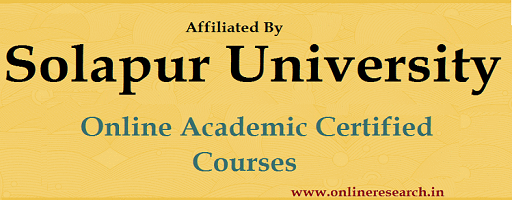| Article Details : |
|
| | | Article Name : | | | Philosophical Orientation of Teachers and its
Influence on their Teaching Performance | | Author Name : | | | Dr. ARTURO G. PALAMING
| | Publisher : | | | Bridge Center | | Article URL : |  | | | Abstract : | | | This is study deals about the philosophical orientation of
teachers and its influence on their teaching performance. The areas of
concern about the philosophies are: Perennialism, Reconstructionism,
Essentialism, and Progressivism. Each philosophy is correlated to the
following variables such as: classroom management, teaching
strategies and subject matter preparation. Philosophy is not a "Way of
Life". Every person does not have his or her own
"Philosophy". Philosophy is not simply a theory about something. Nor
is Philosophy a belief or a wish. Philosophy is an activity: a quest after
wisdom. Philosophy is an activity of thought. Philosophy is a
particular unique type of thought or style of thinking. Philosophy is not
to be confused with its product. What a philosopher provides is a body
of philosophic thought NOT a Philosophy. A philosopher enacts a
Philosophy, a quest after wisdom.
Philosophy is not a picking and choosing what body of thought
one would like to call ones own or would like to believe in; a choice
based upon personal preferences or feelings. Philosophy is a
pursuit. One can choose to be philosophical. One can choose to be a
philosopher. One can NOT choose a Philosophy. Philosophy, insofar
as it may be correlated at all to a "way of Life", is a form of thinking
meant to guide action or to prescribe a way of life. The philosophic
way of life , if there is one, is displayed in a life in which action is held
to be best directed when philosophical reflection has provided that
direction; e.g., SOCRATES the paradigm of a philosopher.
Philosophy is an activity of thought, a type of thinking.
Philosophy is critical and comprehensive thought, the most critical and comprehensive manner of thinking which the human species has yet
devised. This intellectual process includes both an analytic and
synthetic mode of operation. Philosophy as a critical and
comprehensive process of thought involves resolving confusion,
unmasking assumptions, revealing presuppositions, distinguishing
importance, testing positions, correcting distortions, looking for
reasons, examining world-views and questioning conceptual
frameworks. It also includes dispelling ignorance, enriching
understanding, broadening experience, expanding horizons, developing
imagination , controlling emotion, exploring values, fixing beliefs by
rational inquiry, establishing habits of acting, widening
considerations, synthesizing knowledge and questing for wisdom.
Philosophy as a process functions as an activity which
responds to societys demand for wisdom, which is bringing together
all that we know in order to obtain what we value. Viewed in this way
Philosophy is part of the activity of human growth and thus an
integral, essential part of the process of education. Philosophy and
education have as a common goal the development of the total intellect
of a person, the realization of the human potential. | | Keywords : | | | Teaching Philosophy, Teaching Orientation of Teachers,
Teaching Performance, Teaching Methodology and Classroom
Management
|
|
|
|
|
|
|

|
| Announcements
|
- Volume 9, issue 5, August issue - publishing in progress
- Volume 9, Issue 2/ May 2021 publishing IN PROGRESS
- Call for Papers: open. Articles will be uploaded constantly, once the evaluation process is complete.
- The Certificates of Publication can be downloaded from RECEIVED ARTICLES section.
- COVER - VOLUME 2, ISSUE 12 / MARCH 2015
- COVER - VOLUME 3, ISSUE 2 / MAY 2015
- COVER - VOLUME 3, ISSUE 3 / JUNE 2015
- COVER - VOLUME 3, ISSUE 4 / JULY 2015
- COVER - VOLUME 3, ISSUE 8/ NOVEMBER 2015
- COVER - VOLUME 4, ISSUE 4 / JULY 2016
- COVER - VOLUME 4, ISSUE 5 / AUGUST 2016
- COVER - VOLUME 7, ISSUE 11/ FEBRUARY 2020
- Volume 9, issue 3, June 2021 publishing in progress
|
|
|
| New Launched Project |
 |
|
|
| Recommend & Share
|
|